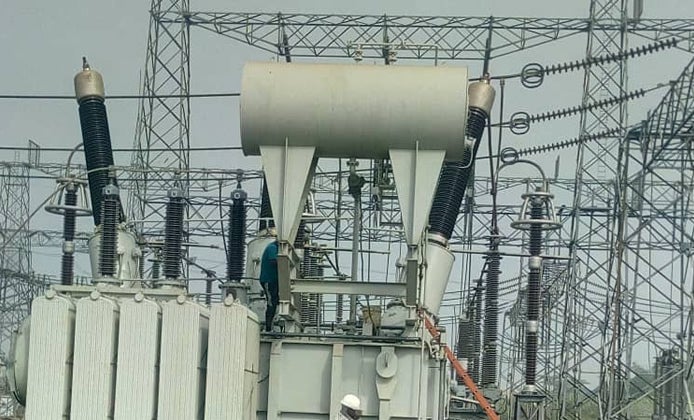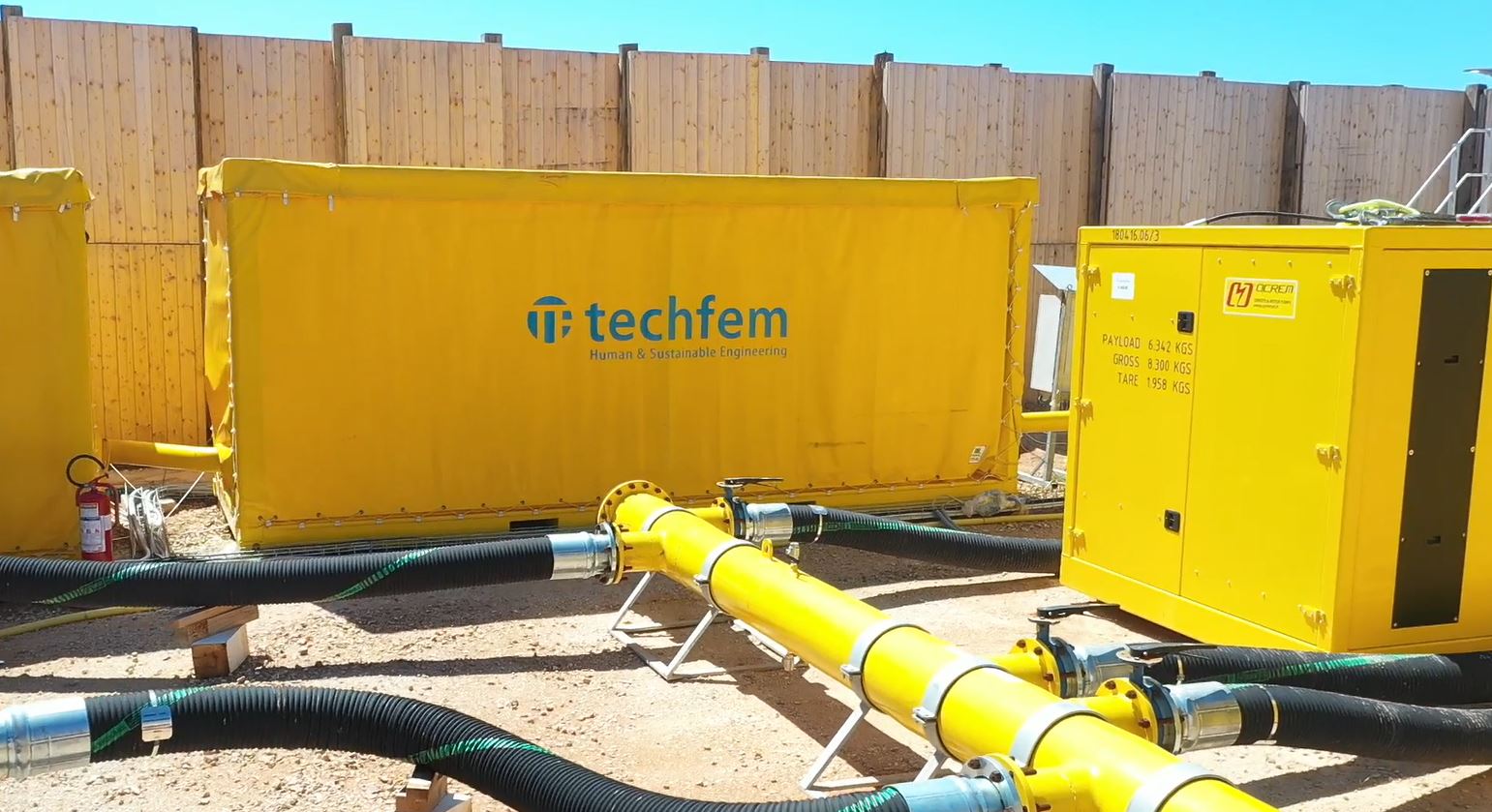THE Federal Government has approved Siemens’ pre-engineering contract, thus enabling the company to start work on Nigeria’s 25,000 megawatts expansion project.
In a statement obtained by Vanguard, yesterday, the company stated: “The pre-engineering contract forms the initial step in the Presidential Power Initiative (PPI), formerly the Nigeria Electrification Roadmap, outlined by Siemens and the Federal Government of Nigeria in July 2019.

“The PPI project aims to upgrade the electricity network to achieve the operational capacity of 25,000 megawatts (MW) from the current average of around 4,500 MW, through a series of projects spanning three phases.
“Siemens will begin pre-engineering works for the transmission, distribution, and meter data management systems (MDMS) infrastructure across the country, to enable the development of a functional, efficient and reliable electricity grid system. Comprehensive studies and power system analysis software for the Nigerian utilities are also included.
“Nigeria’s power system is suffering from an imbalance between power generation and demand. Despite more than 8,000 MW of operational power generation capacity in the country, only an average of 4,500 MW reliably reaches consumers.
“This inadequate power supply results in regular brownouts and blackouts and has restrained Nigeria’s economic development. Raising Nigeria’s operational electricity capacity to 25,000 MW will power various industries and businesses, as well as significantly improve access and reliability of power supply to the Nigerian people.
“This project will also facilitate the creation of thousands of jobs while generating new opportunities for small and medium enterprises (SMEs) across the country. This will in turn increase Nigeria’s GDP and boost economic productivity.”
Similarly, Minister of Power, Saleh Mamman, stated: “This significant, timely and high-level intervention between President Buhari and Chancellor Merkel addresses critical infrastructure deficits in the value chain and helps reposition the power sector to become more attractive, viable and investable.”

Also, the Minister of Finance, Zainab Shamsuna Ahmed, said: “The Government loses over $1 billion annually due to technical and commercial inefficiencies along the electrification value chain. The PPI will help eliminate these inefficiencies and unlock economic value for the country.”
“The PPI aligns very strongly with the key objectives of the power sector reforms initiated by Government and superintended by the Bureau of Public Enterprises, which were to attract private sector investment into the power sector, increase operational efficiencies and improve service delivery to end-users,” said Alex A. Okoh, Director General, Bureau of Public Enterprises, Federal Republic of Nigeria.”
“This contract is one important step as part of the development of vital electrification infrastructure that will ensure reliable power supply, remove constraints in Nigeria’s electricity grid, secure additional revenue for investors, and build competent local content and capacity,” said Onyeche Tifase, Managing Director Siemens Nigeria.
“The projects will create vital direct and indirect jobs for Nigerians and local businesses, thus enabling economic growth and increased productivity, based on the supply of reliable electricity.”
The pre-engineering contract is the start of a longer-term approach. Phase 1 of the PPI will focus on essential and quick-win measures to increase the system’s operational capacity to 7,000 MW and to significantly reduce the ATC&C financial losses.
As part of Phase 1, Siemens will provide general technical training on core competency areas as well as training for employees of Nigeria’s 11 electricity distribution companies, the Transmission Company of Nigeria, and regulators, on all the equipment and software being provided by Siemens.
Phase 2 will target the remaining network bottlenecks to enable full use of existing generation and distribution capacities, bringing the systems operational capacity to 11,000 MW.
Phase 3 will develop the system up to 25,000 MW in the long-term. This includes upgrades and expansions in the generation, transmission, and distribution.









Thanks for sharing. I read many of your blog posts, cool, your blog is very good.
Thank you for your sharing. I am worried that I lack creative ideas. It is your article that makes me full of hope. Thank you. But, I have a question, can you help me?
I don’t know if it’s just me or if everybody else experiencing issues
with your blog. It looks like some of the written text in your posts are running off the screen. Can someone else
please comment and let me know if this is happening to them too?
This could be a problem with my web browser
because I’ve had this happen previously. Thank you
my blog … what are the ingredients in fitspresso
Your point of view caught my eye and was very interesting. Thanks. I have a question for you.
Thank you for your sharing. I am worried that I lack creative ideas. It is your article that makes me full of hope. Thank you. But, I have a question, can you help me?